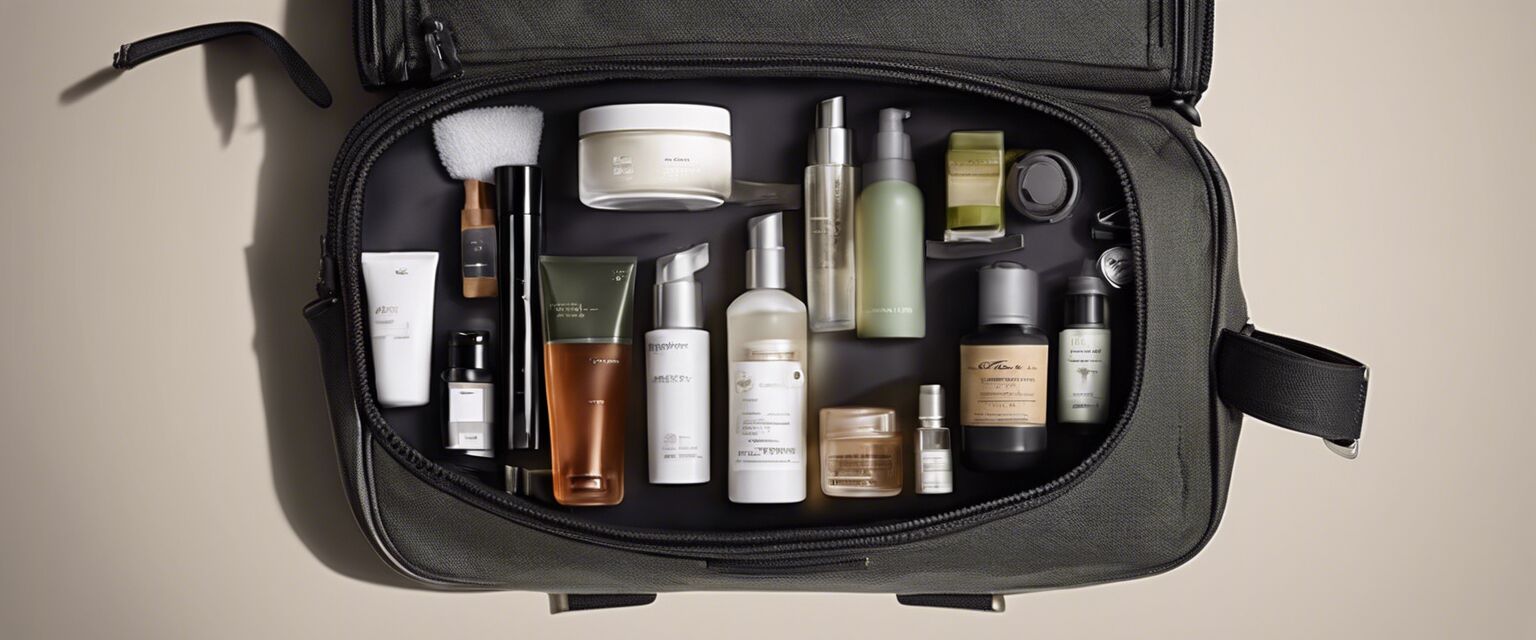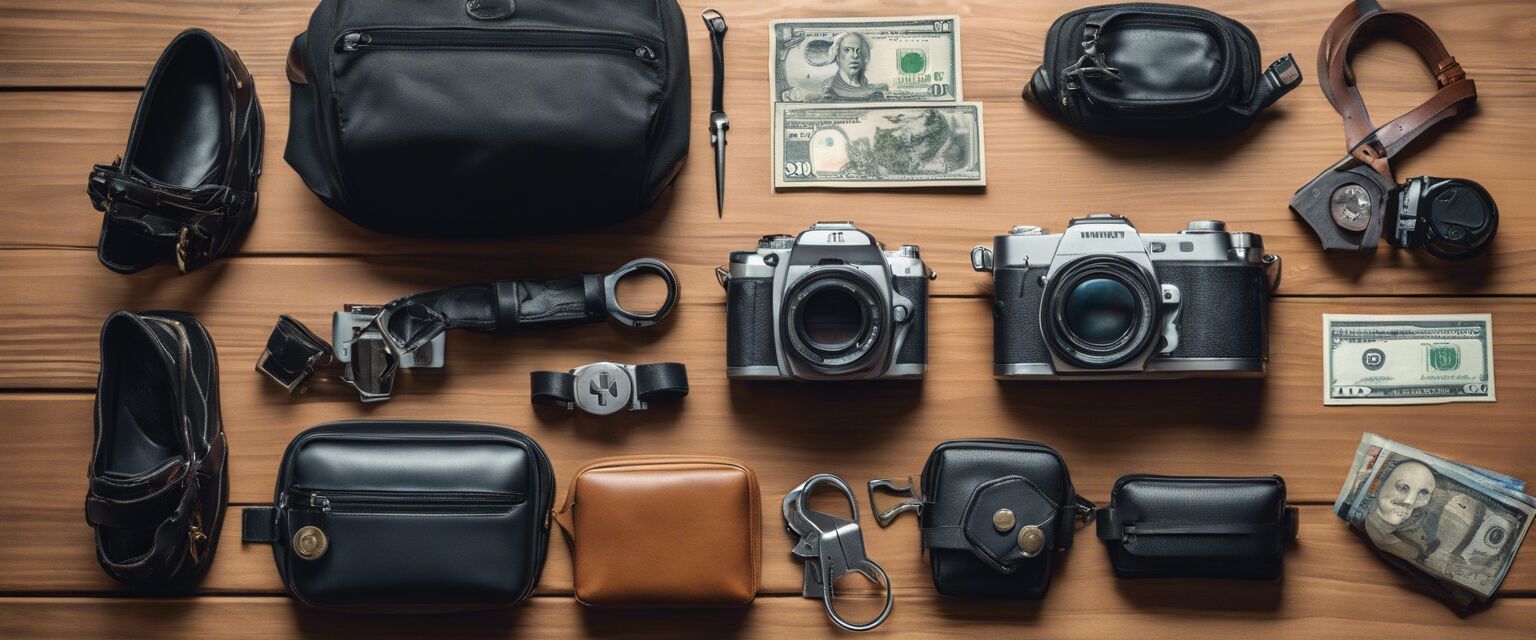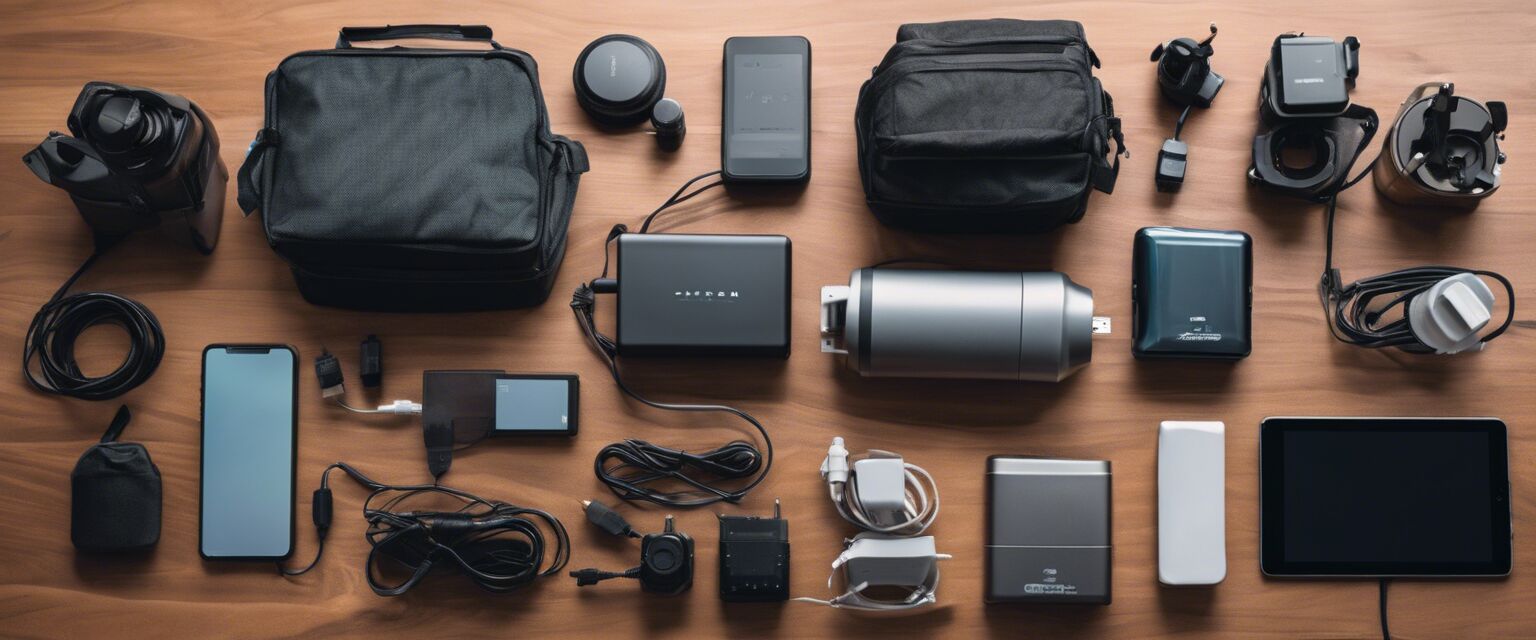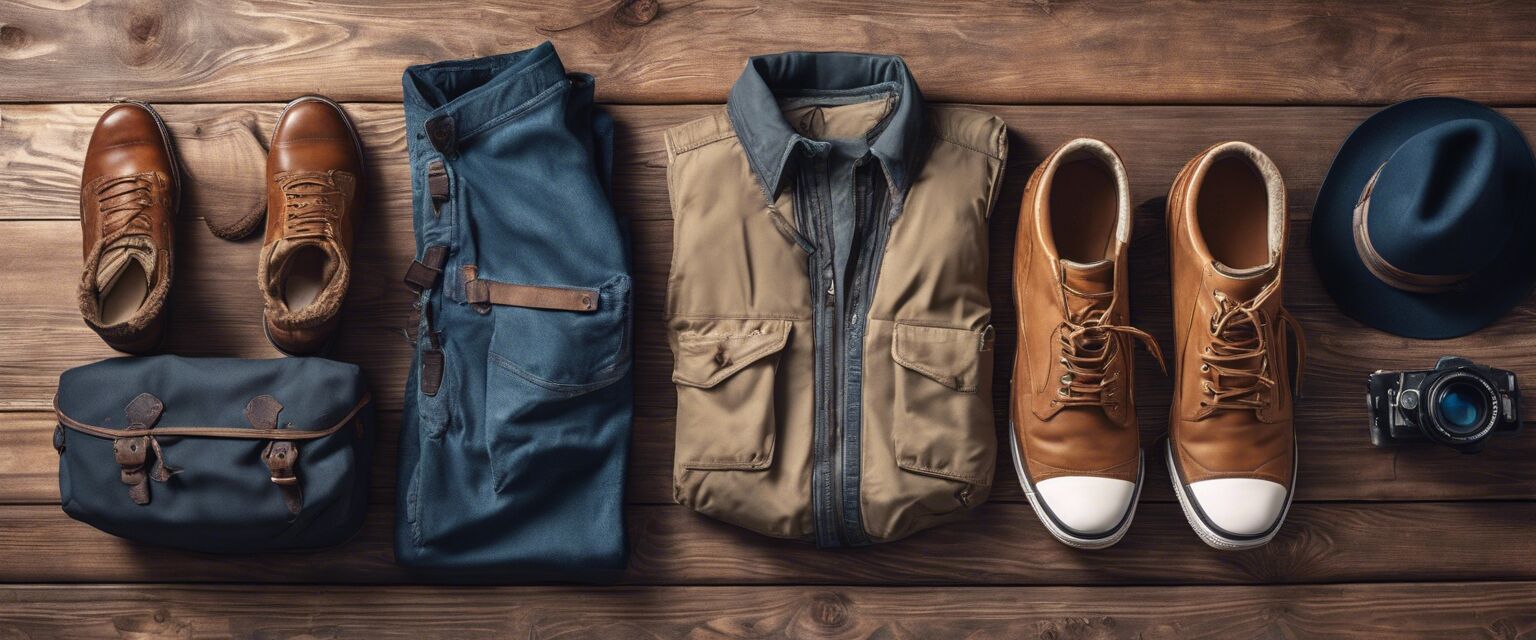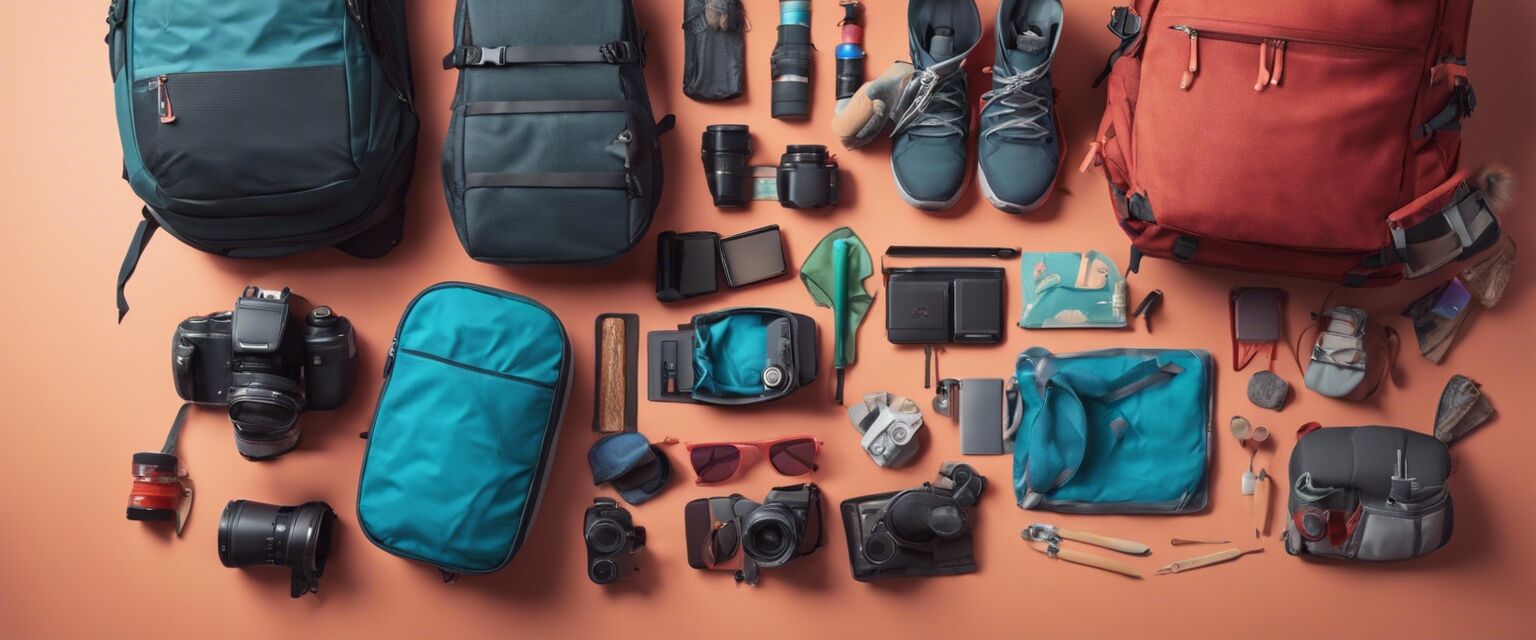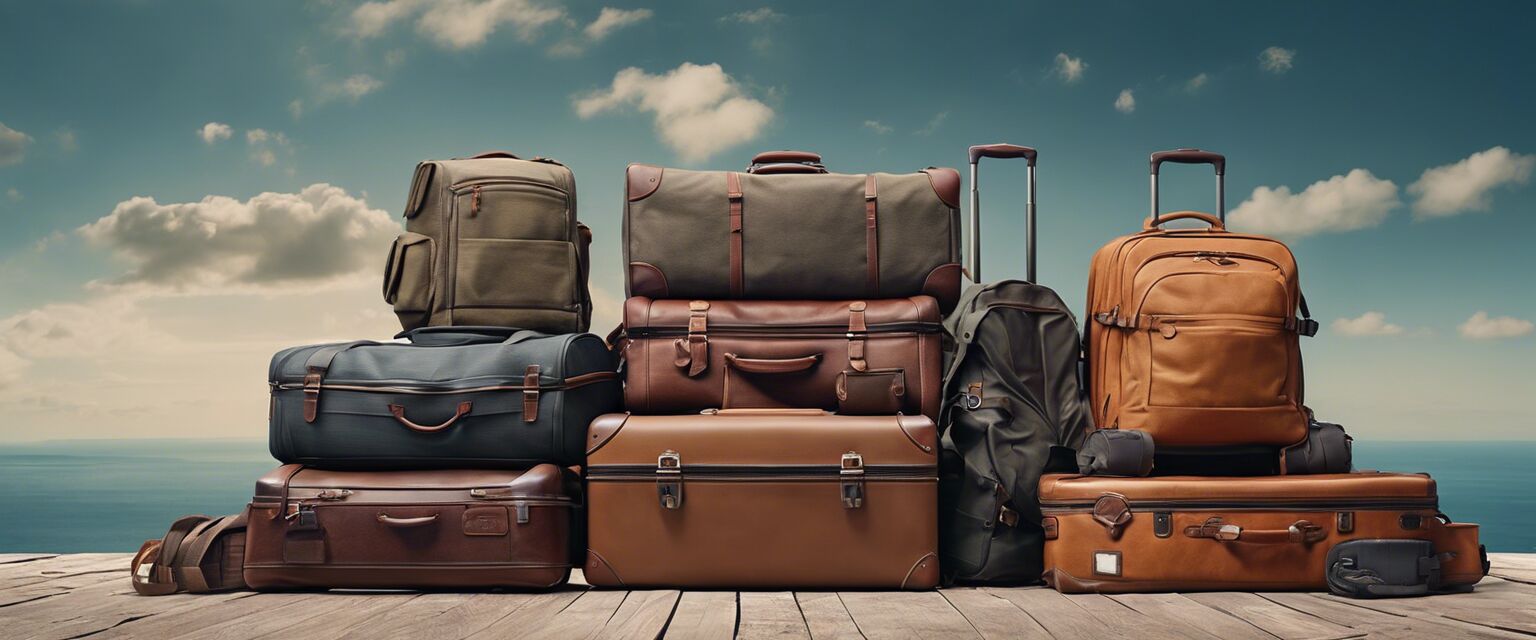
Travel Health and Safety
When you're on the go, maintaining your health and safety is paramount. This guide provides essential information on how to stay safe and healthy while traveling, including packing a first aid kit, incorporating sanitizers, and being prepared for emergencies.
Key Takeaways
- Always have a well-stocked first aid kit on hand.
- Use sanitizers regularly to reduce the risk of illness.
- Be aware of your surroundings and follow travel safety guidelines.
- Keep emergency contact information accessible.
- Stay informed about the health regulations of your travel destination.
Importance of Travel Health and Safety
When traveling, itâs essential to prioritize your health and safety. Unforeseen situations can arise, and being prepared is the best way to face potential challenges. Below, we'll explore various aspects of travel health and safety.
First Aid Kits: Essential for Every Traveler
A well-stocked first aid kit is crucial for addressing minor injuries and illnesses that can occur during your travels. Here are some common items to include in your kit:
| First Aid Kit Item | Purpose |
|---|---|
| Adhesive bandages | For cuts and scrapes |
| Antiseptic wipes | To clean wounds |
| Gauze pads | For larger wounds |
| Medical tape | To secure dressings |
| Tweezers | To remove splinters |
Consider reviewing our section on security and safety products to find additional helpful items for your travels.
Sanitizers: Keeping You Clean and Healthy
Using sanitizers is an effective way to prevent the spread of germs, especially in crowded areas like airports and public transportation. Ensure you carry hand sanitizers with at least 60% alcohol content. Here are tips on usage:
- Apply sanitizer on hands frequently, especially after touching surfaces in public
- Use sanitizer before eating or drinking
- Encourage travel companions to practice good hygiene
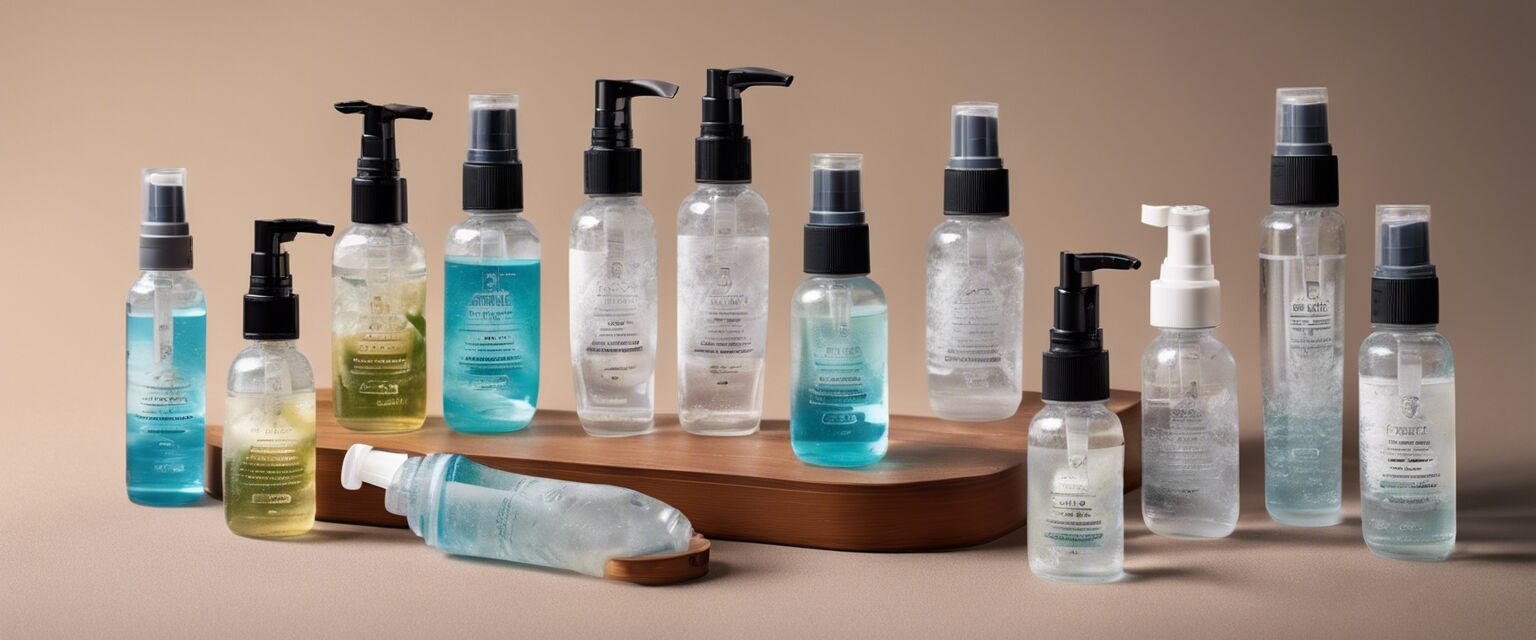
Essential Health Precautions While Traveling
It's advisable to take certain health precautions that can greatly affect your travel experience:
- Stay hydrated by drinking plenty of water
- Keep a list of emergency contacts
- Know the location of nearby hospitals or clinics at your destination
- Vaccinations: Check if you need any before your trip
- Travel insurance: Ensure you have coverage in case of health emergencies
Emergency Preparedness
Being prepared can significantly reduce anxiety related to emergencies while traveling. Here's how to prepare yourself:
| Emergency Types | Preparation Tips |
|---|---|
| Medical Emergencies | Carry basic medical information and a first aid kit |
| Natural Disasters | Stay aware of weather updates and have an emergency plan |
| Lost Items | Keep a list of important numbers, including your bank |
| Safety Issues | Be aware of your surroundings and travel in safe areas |
Staying Informed
Always be aware of the current health regulations in your travel destination. For recent updates on travel health protocols, check our section on travel comfort products that might include necessary safety measures.
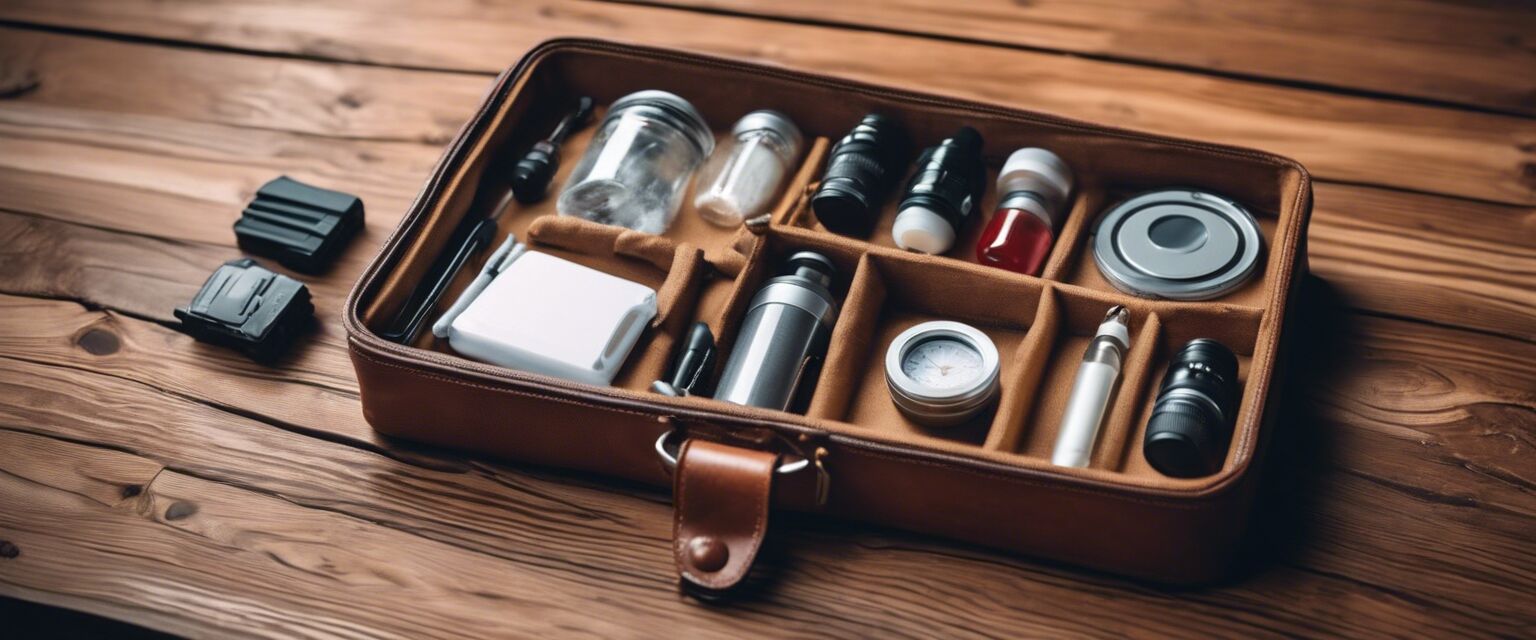
Conclusion
Health and safety while traveling is about being prepared, staying informed, and making smart choices. By following these guidelines and equipping yourself with the right products, youâll ensure a safer and healthier travel experience.
Pros
- Peace of mind during travels
- Quick response to emergencies
- Improved overall travel experience
Cons
- Packing additional items can be cumbersome
- Some sanitizers can irritate sensitive skin
Tips for Beginners
- Start with a small first aid kit, and gradually add items as you travel more.
- Before your trip, research health recommendations for your destination.
- Practice using your first aid kit items at home.
- Join travel forums to learn from experienced travelers about health and safety tips.

